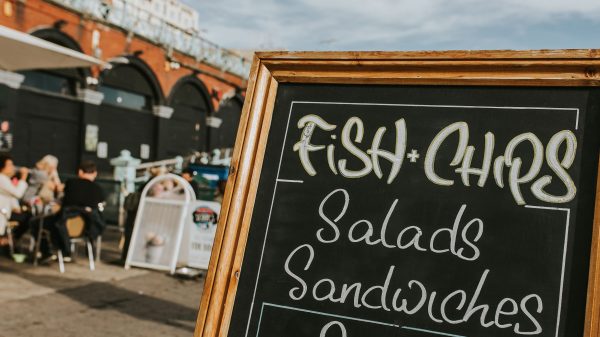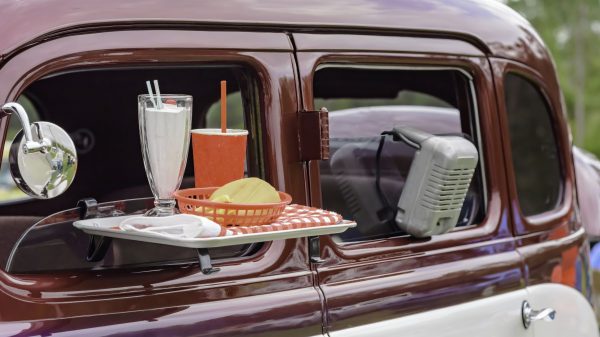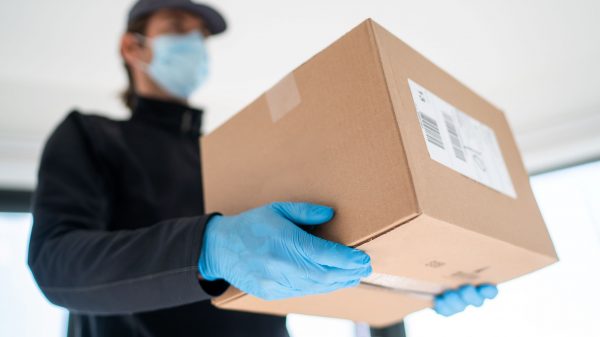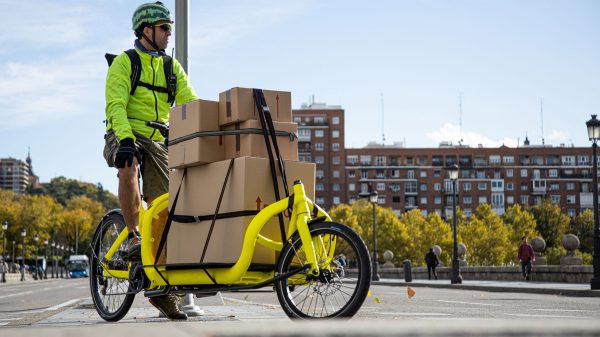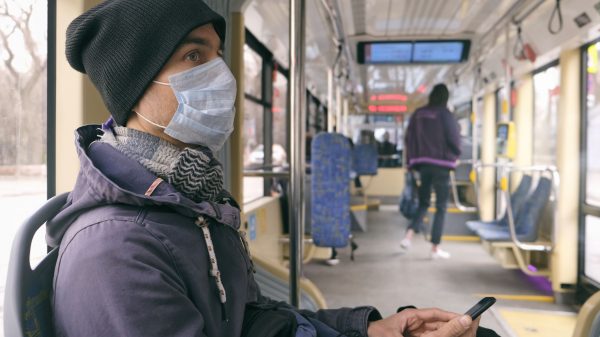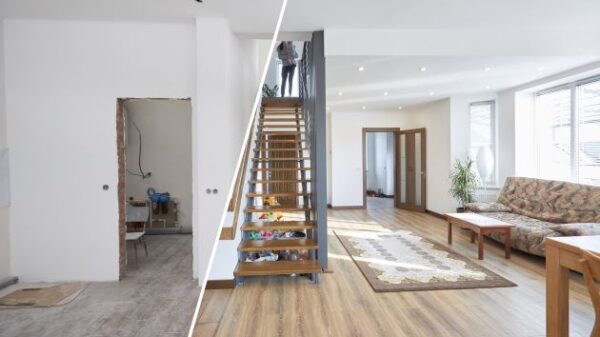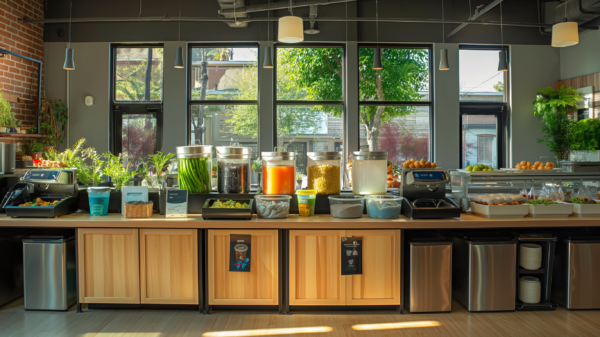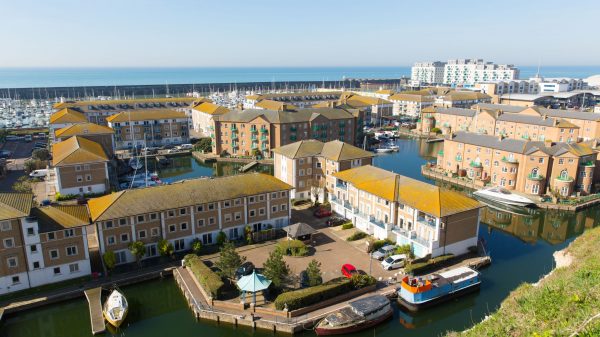In the dynamic world of retail, pop-up shops have emerged as an innovative way for businesses to engage customers, test new markets, and create buzz around their brands. If you’re considering opening a pop-up shop in a UK city, navigating the licensing process is a crucial step.
This comprehensive guide will walk you through the process step-by-step, ensuring you have all the information you need to apply for a pop-up shop license successfully.
Step 1: Research Local Regulations
The first step in setting up a pop-up shop is understanding the specific regulations and requirements of the city or borough where you plan to operate. Each local council in the UK has its own rules, so it’s essential to start with thorough research. Visit the local council’s website or contact their business support services to gather detailed information about the licensing process. Key points to investigate include:
- Zoning laws: Ensure your desired location is zoned for retail activities.
- Temporary structure permits: Some councils may require additional permits for temporary setups.
- Health and safety regulations: Familiarise yourself with the health and safety standards you need to meet.
Step 2: Choose a Suitable Location
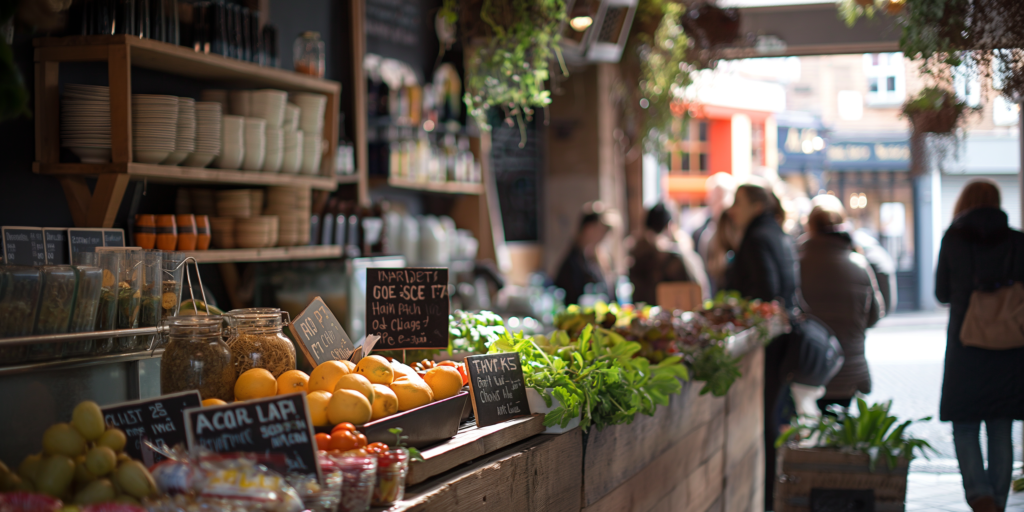
Selecting the right location is pivotal to the success of your pop-up shop. Consider factors such as foot traffic, demographics, and the overall vibe of the area. High-foot traffic areas like shopping malls, busy streets, and popular markets can significantly boost your visibility and sales. However, also consider the cost and any specific regulations tied to those locations. Here are some tips for choosing the best spot:
- Research demographics: Understand who frequents the area and ensure they align with your target audience.
- Analyse competition: Look for areas with complementary businesses rather than direct competitors.
- Accessibility: Ensure the location is easily accessible to your target customers and has adequate parking or public transport links.
Step 3: Secure a Venue
Once you’ve identified a promising location, the next step is to secure a venue. This involves contacting the property owner or manager and negotiating rental terms. Depending on the location, you might work directly with property owners, commercial real estate agents, or even city councils. Key aspects to consider during this phase include:
- Rental Duration: Determine how long you plan to operate the pop-up shop and ensure the rental terms match your timeline.
- Rental costs: Negotiate a fair rental price and be clear about any additional costs, such as utilities or maintenance fees.
- Lease agreement: Carefully review the lease agreement to understand your rights and obligations.
Step 4: Prepare Necessary Documents
Preparing the necessary documents is a critical step in the licensing process. Different councils may require different documents, but generally, you will need to provide:
- Proof of identity: Valid identification documents such as a passport or driver’s license.
- Business registration details: Your business registration certificate or equivalent documentation.
- Detailed business plan: Outline your business model, target market, marketing strategy, and financial projections.
- Health and safety assessments: Ensure your shop complies with local health and safety standards.
- Public liability insurance: This protects you against claims from third parties for injury or property damage.
Step 5: Submit an Application
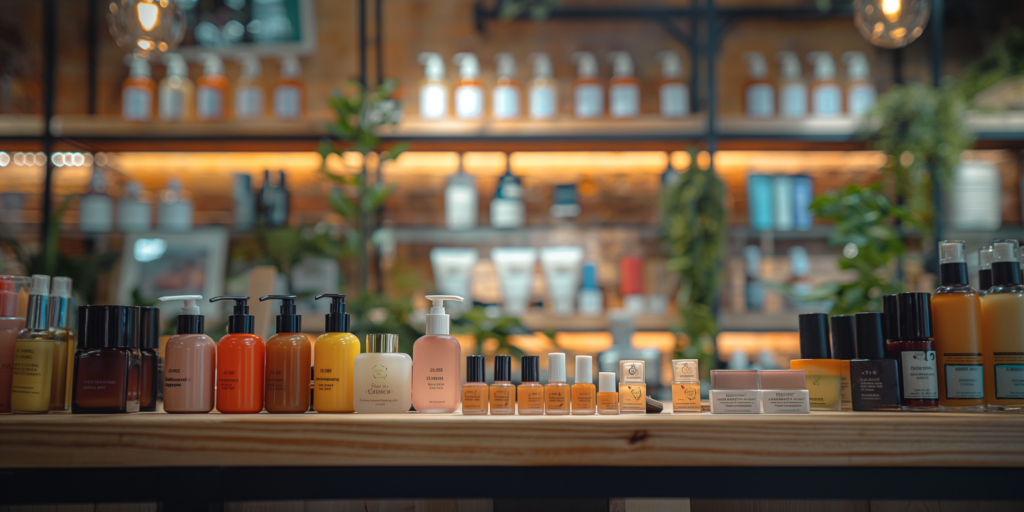
With all your documents in order, it’s time to submit your application. This can typically be done online through the local council’s website or in person at their offices. When filling out the application form, be meticulous in providing accurate and complete information to avoid delays. Key steps in the submission process include:
- Application form: Complete the form thoroughly, ensuring all required fields are filled.
- Attachments: Include all necessary documents, ensuring they are up-to-date and legible.
- Application fee: Pay any required application fees, which vary by council.
Step 6: Await Approval
After submitting your application, the local council will review it. This can take anywhere from a few weeks to a couple of months, depending on the council’s workload and the complexity of your application. During this period, be prepared to:
- Provide additional information: Respond promptly if the council requests further details or documentation.
- Address concerns: Be ready to make any necessary adjustments to meet the council’s requirements.
- Stay informed: Regularly check the status of your application and maintain open communication with the council.
Step 7: Prepare Your Shop

While waiting for approval, start preparing your shop to ensure a smooth launch once you receive your license. This includes designing the layout, sourcing products, and planning your marketing strategy. Key preparation steps include:
- Shop design: Create an inviting and functional layout that enhances the customer experience.
- Product sourcing: Ensure you have sufficient stock and that your products are displayed attractively.
- Marketing strategy: Plan your promotional activities, including social media campaigns, local advertising, and collaborations with influencers or other businesses.
Step 8: Obtain Your License
Once your application is approved, you will receive your pop-up shop license. This document is a testament to your compliance with local regulations and should be displayed prominently in your shop. Key points to remember:
- Display the license: Place the license in a visible location within your shop as proof of your compliance.
- Understand your rights: Familiarise yourself with the terms and conditions of your license.
- Keep records: Maintain a copy of your license and related documents for your records.
Step 9: Launch Your Pop-Up Shop
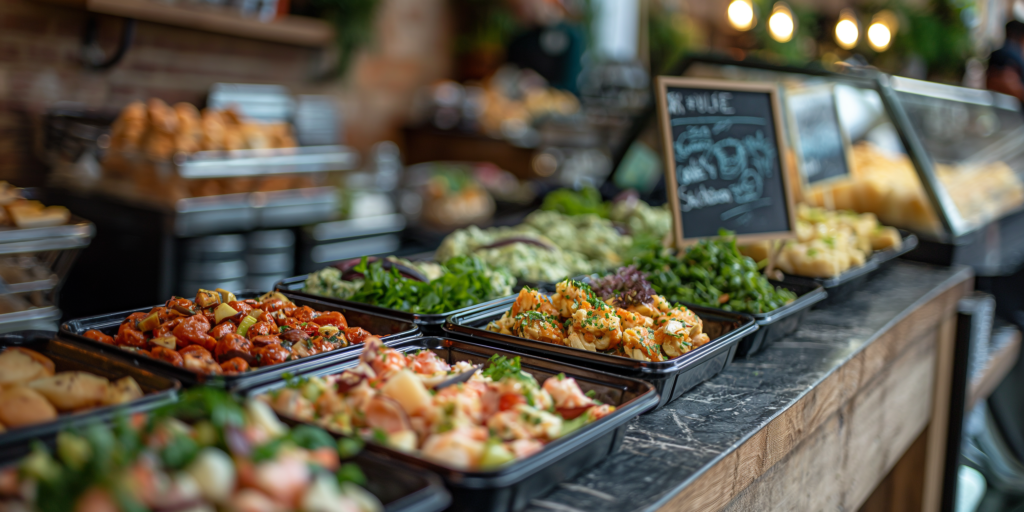
With your license in hand, you’re ready to launch your pop-up shop. A successful launch involves creating excitement and attracting customers to your store. Key strategies for a successful launch include:
- Promotion: Use social media, email marketing, and local press to generate buzz about your opening.
- Events: Consider hosting an opening event with special promotions, live entertainment, or giveaways to draw in crowds.
- Customer engagement: Provide excellent customer service and engage with visitors to build relationships and encourage repeat business.
Step 10: Comply with Ongoing Requirements
Operating a pop-up shop involves ongoing compliance with local regulations and requirements. Ensure you stay on top of any obligations to avoid penalties or disruptions. Key compliance steps include:
- Regular inspections: Be prepared for periodic inspections by local authorities to ensure continued compliance.
- License renewal: If you plan to extend your pop-up shop beyond the initial period, ensure you apply for a license renewal well in advance.
- Adherence to regulations: Throughout your operation, continuously adhere to health and safety standards and any other local regulations.
By following these steps, you can successfully navigate the process of applying for and operating a pop-up shop in UK cities. This guide provides a comprehensive roadmap, but always stay informed about specific local requirements and seek professional advice if needed. Good luck with your pop-up shop venture!







